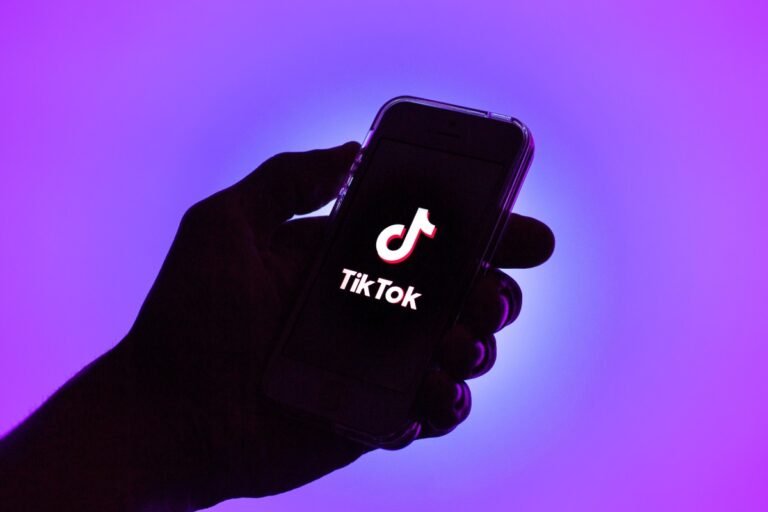
Now the EU is asking questions about Meta’s ‘pay or be tracked’ consent modelMeta’s controversial pay or be tracked ‘consent’ choice for users the European Union is facing questions from the European Commission.
Meta’s ad-free subscription is controversial because under EU data protection law consent must be informed, specific and freely given if it’s to be valid.
Now the EU itself is stepping in with an RFI under the DSA, the bloc’s recently updated ecommerce rulebook.
In follow-up questions last month, the MEPs criticized internal market commissioner, Thierry Breton, for what they couched as “inadequate answers” — repeating their ask for a clear verdict on Meta’s ‘pay or consent’ model.
We also reached out to Ireland’s DPC for an update on its review of Meta’s consent or pay model — which has been ongoing for around six months.

As we’ve reported before Meta’s self-serving ‘consent or cough up’ offer is already facing a number of other GDPR complaints.
Today’s complaints are not the first filed against Meta’s consent or pay tactic by consumer protection groups — some of which argue it’s breaching the bloc’s rules on consumer protection, too.
However its blog post defending the controversial tactic does not make any mention of how it complies with EU consumer protection law.
So another very pertinent question, vis-a-vis Meta’s consent or pay offer in the EU, is what the Commission will do?
*The BEUC members filing GDPR complaints against Meta are: CECU, dTest, EKPIZO, Forbrugerrådet Tænk, Forbrukerrådet, Poprad, Spoločnosť ochrany spotrebiteľov (S.O.S.

The Digital Markets Act (DMA) applies to just six (mostly US) tech giants, including Meta.
The incoming choices will also enable regional users of Facebook Messenger to stop Meta combining their data with their use of its social network.
This is the only alternative Meta currently offers EU users who don’t want it to process their information to run tracking ads.
And it remains to be seen whether EU data protection regulators will accept it.
An ex ante reform of digital competition law in Germany already led to Meta making some concessions over cross-site tracking last June.

What then followed, last fall, was a claim from Meta that it would be switching to a consent basis for tracking.
Facebook and Instagram users who wish to continue to get free access to the services have to “consent” to its tracking — which Meta claims is valid consent under the bloc’s General Data Protection Regulation (GDPR).
Withdrawing consent in the scenario Meta has devised requires users to sign up for a monthly subscription.
So noyb’s follow-up complaint targets the inherent friction in Meta charging users money to protect their privacy.
However, by then, Meta had already shifted its claimed basis to consent, meaning it could just sidestep the regulatory intervention.

TikTok has been reprimanded by France’s data protection authority for disregarding cookie consent regulations. The CNIL has issued a €5 million penalty to TikTok for their cookie consent flow on…








